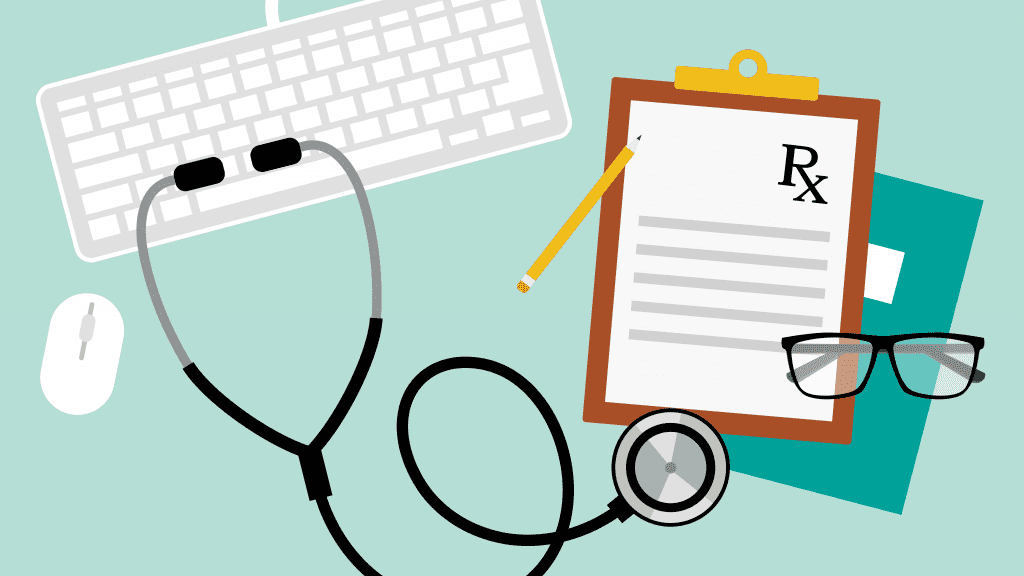You’ll experience many physical and psychological changes during and after pregnancy. If you feel like you don’t love your newborn or your level of sadness is getting severe day by day, you might have postpartum depression.
If you feel constant sadness or emptiness, it’s a warning sign that you must seek medical assistance.
What is Postpartum Depression?
As its name implies, ‘postpartum’ is the period after childbirth. While the baby blues go naturally away for many women, you must contact your doctor if you feel depression and sadness for more than 2 consecutive weeks.
Symptoms
Postpartum depression is triggered by hormonal changes. Estrogen and progesterone are at their highest level during pregnancy and quickly drop back to normal within 24 hours following childbirth. Medical researchers believe that this sudden drop in hormone level is the biggest cause of postpartum depression in new mothers.
Many new mothers feel overwhelmed after undergoing the process of delivery. You may have developed postpartum depression if you’re experiencing any or all of the below-listed symptoms.
· Restlessness or discomfort
· Feeling empty or sad
· Crying without any reason
· Lack of energy or motivation
· Having thoughts of hurting yourself or your baby
· Sleeping disorders
· Mood swings
· Change in eating patterns
· Lack of focus/concentration
· Having memory issues
· Having a constant feeling of guilt
· Losing interest in your favorite activities
· Trying to isolate yourself or disconnect from friends and family
· Having constant headaches
Note that these symptoms may vary from person to person and may develop up to six months after delivery.
The most effective way to know whether you have developed PPD after your delivery is by visiting your doctor. Your doctor can examine your symptoms and suggest the most suitable treatment plan for you. For instance, your doctor may advise you to attend psychotherapy sessions or take antidepressants contingent upon your current symptoms.
Noticeably, women having a family history of depression are more likely to develop PPD. Also, you’re at a higher risk of developing postpartum depression if you already had depression during your pregnancy.
The Common Types of Treatment for Postpartum Depression
Through Medicine
There are different types of OTC postpartum medicines available in your nearby 24/7 pharmacies. Make sure you consult your doctor first before using any type of medicine. Brexanalone and Eskatamine are generally prescribed by the doctors. But, because of the risk of side-effects, these medicines must be consumed in a clinic under a doctor’s strict supervision.
Through Therapy
Your doctor may also suggest you attend therapy sessions in which you get an opportunity to talk to the psychologist or a therapist to know about different strategies that can help you effectively manage your stress and depression.
Electroconvulsive Therapy
Although not very common, doctors also suggest electroconvulsive therapy to women having severe postpartum depression symptoms.
How to Manage Your PPD Naturally?
Do Regular Exercise
Research suggests that regular workout can have an anti-stress effect on women with postpartum depression. If it’s difficult for you to have a gym membership at the moment, you can benefit from simple exercises that you can easily do at home. For instance, you can swim, jog, dance, or walk with your baby in a stroller.
Consume a Healthy Diet
A healthy and nutritious diet can help you feel better. Include more greens into your diet along with vitamins and minerals enriched fruits. Also, stay away from carbs, sugar, and unhealthy fats as much as possible.
Take Proper Rest
Make sure you take proper sleep of at least 8 to 9 hours. We know it may be difficult for you in the initial post-pregnancy phase, but with little time-management and support from your partner, you can create time for yourself.
Postpartum depression is a difficult condition for new mothers. It’s important that you seek medical help in time to avoid further complications.
Stay happy and take care of yourself…

Leave a Reply